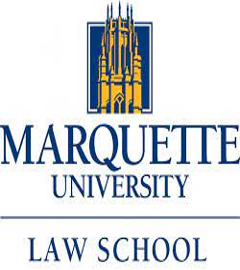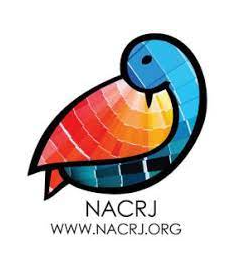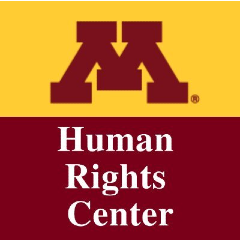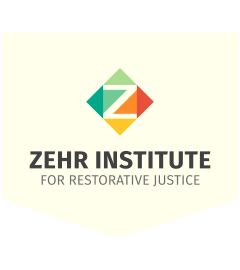Marquette University Law School Restorative Justice Initiative
Marquette University Law School established the Restorative Justice Initiative in 2004 under the leadership of Janine P. Geske, distinguished professor of law and former justice of the Wisconsin Supreme Court, in order to help support victims and communities in the process of healing from the effects of crime. With Professor Geske’s retirement from the full-time faculty in 2014, the RJI has been combined with the Law School’s other academic programs.
The Institute for Restorative Justice and Restorative Dialogue
The Institute for Restorative Justice and Restorative Dialogue (IRJRD) seeks to build a national mindset that embraces restorative justice principles. Its mission is to advance meaningful accountability, victim healing and community safety through the use of restorative justice solutions to repair the harm related to conflict, crime and victimization.
National Association of Community and Restorative Justice
The National Association of Community and Restorative Justice promotes effective forms of justice that are safe, just, equitable, sustainable, reparative and socially constructive, addressing not only crime, but conflict, incivility, injustice and all forms of harm. NACRJ hosts the biennial National Conference of Community and Restorative Justice, and provides supports for members.
Human Rights Center - University of Minnesota Law School
The Human Rights Center promotes research on pressing real-world challenges, prepares future lawyers with the commitment and skills to defend human rights, and partners with civil society to impact law, policy, and practice.
The Zehr Institute for Restorative Justice
The Zehr Institute for Restorative Justice, founded in autumn 2012, is a program of the Center for Justice and Peacebuilding at Eastern Mennonite University.The Zehr Institute advocates for restorative justice as a social movement, and is also a convener of spaces where knowledge about restorative justice practices and programs can be shared among practitioners and learners, by facilitating conversations and cultivating connections through activities such as conferences, web




